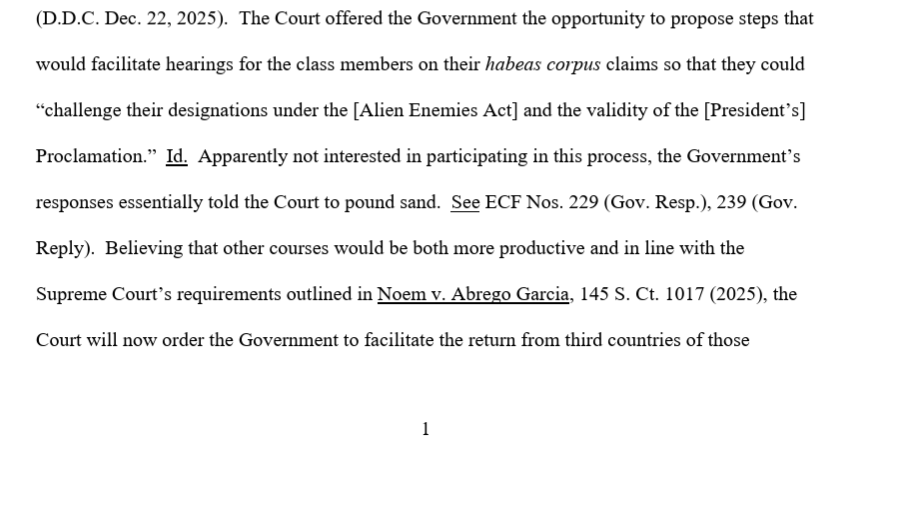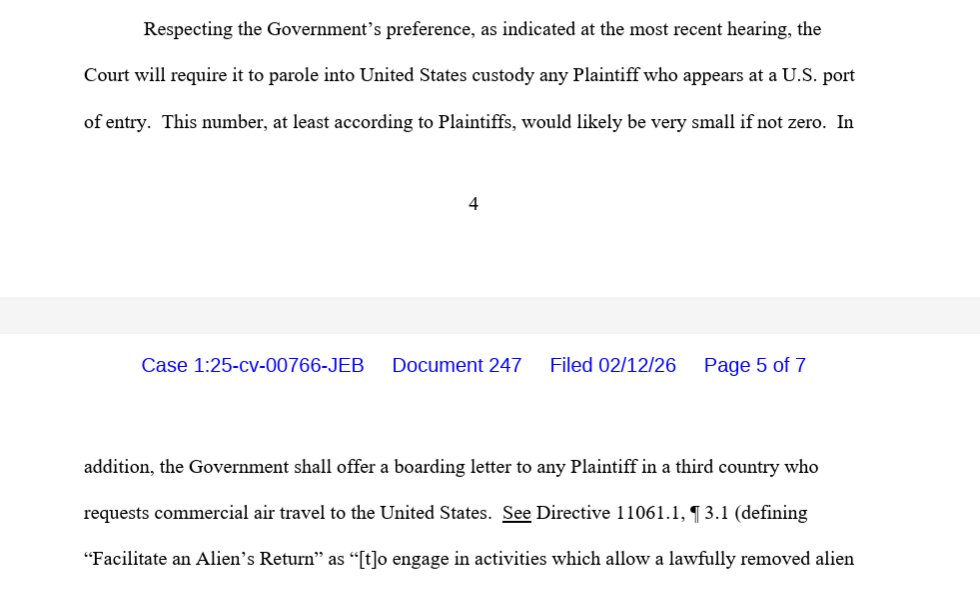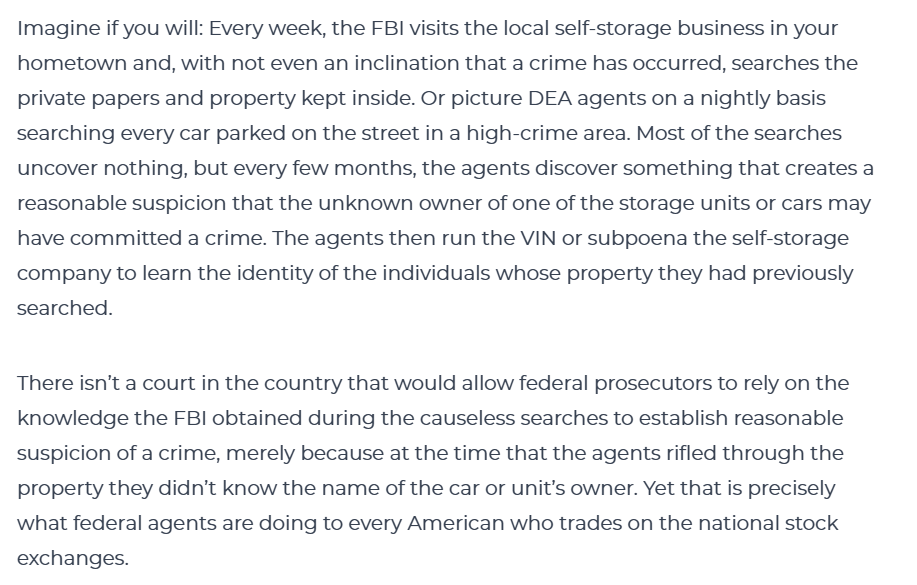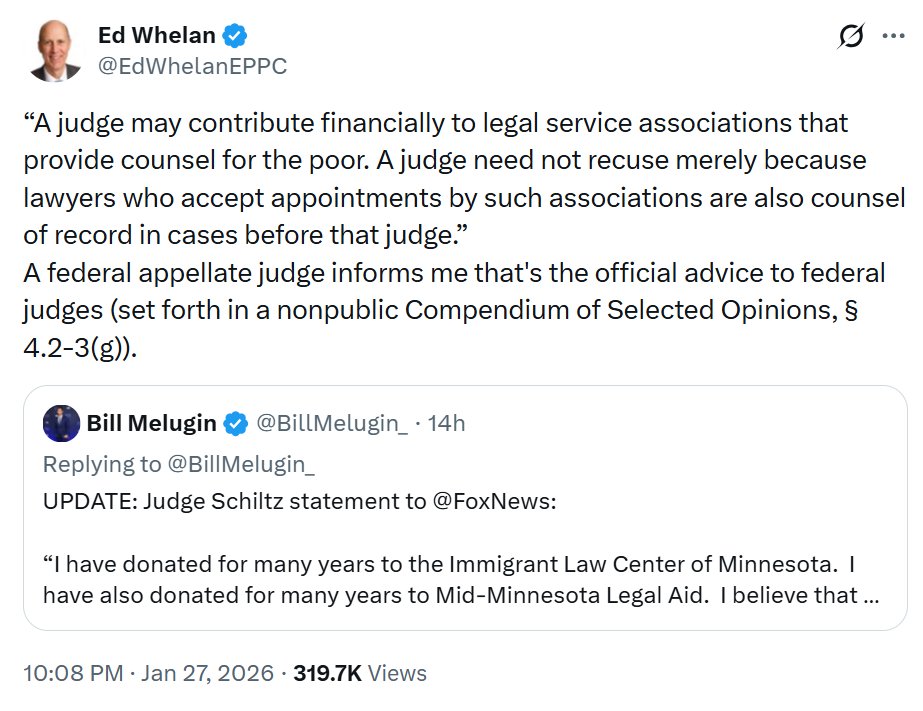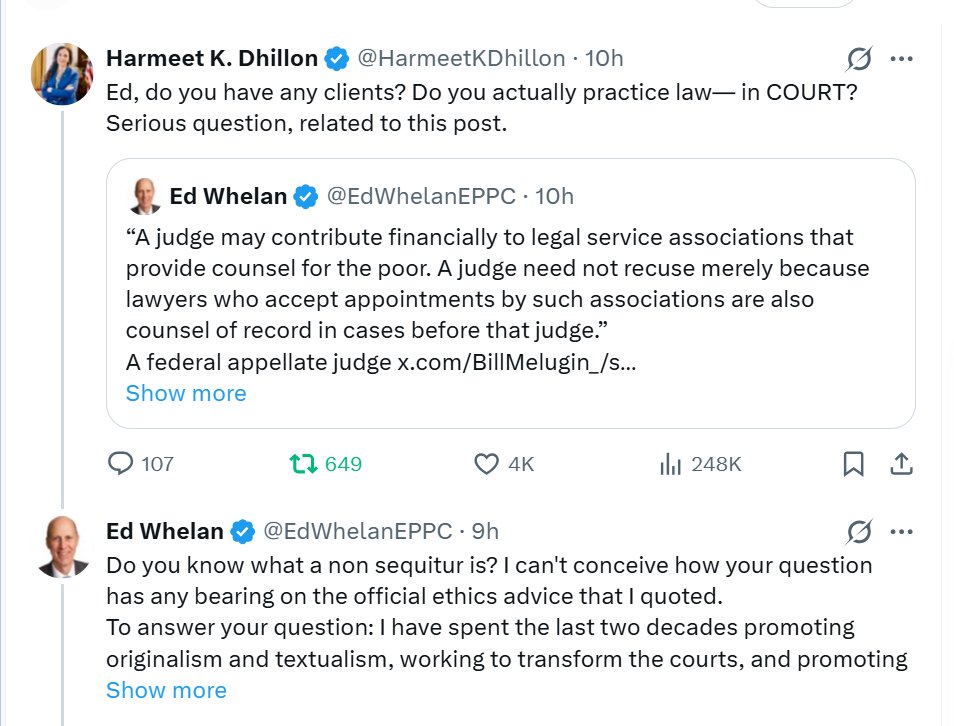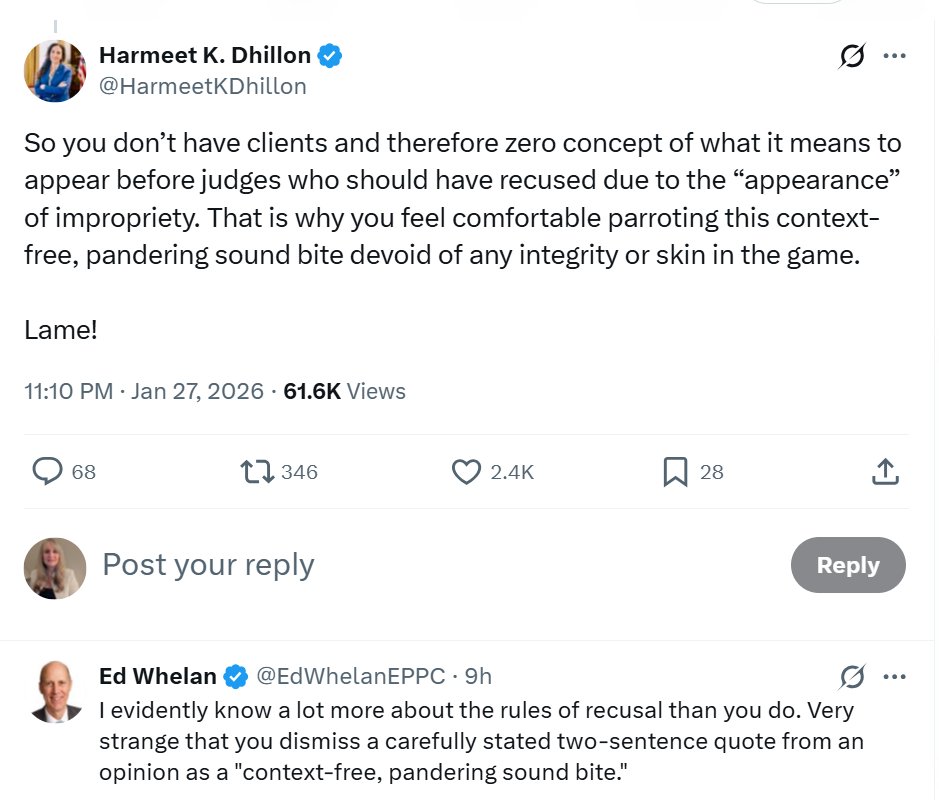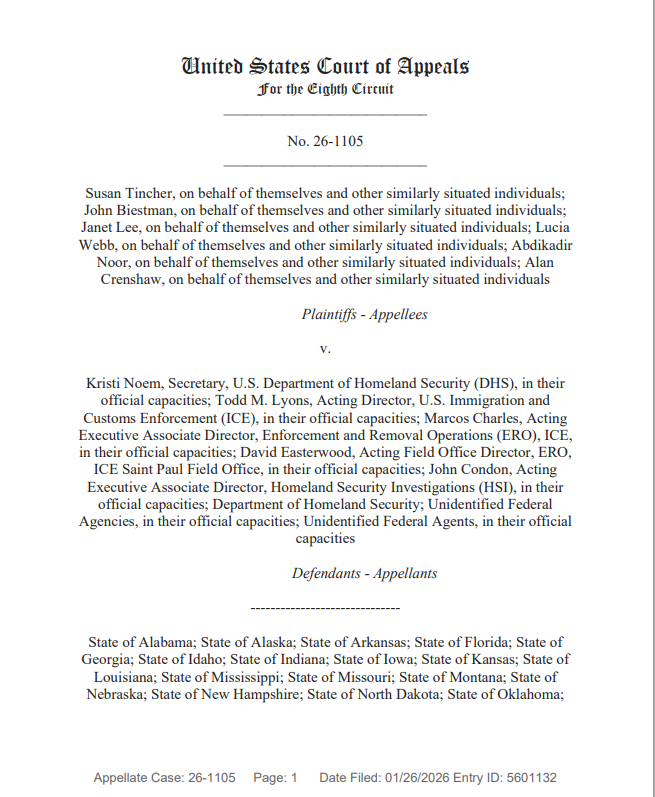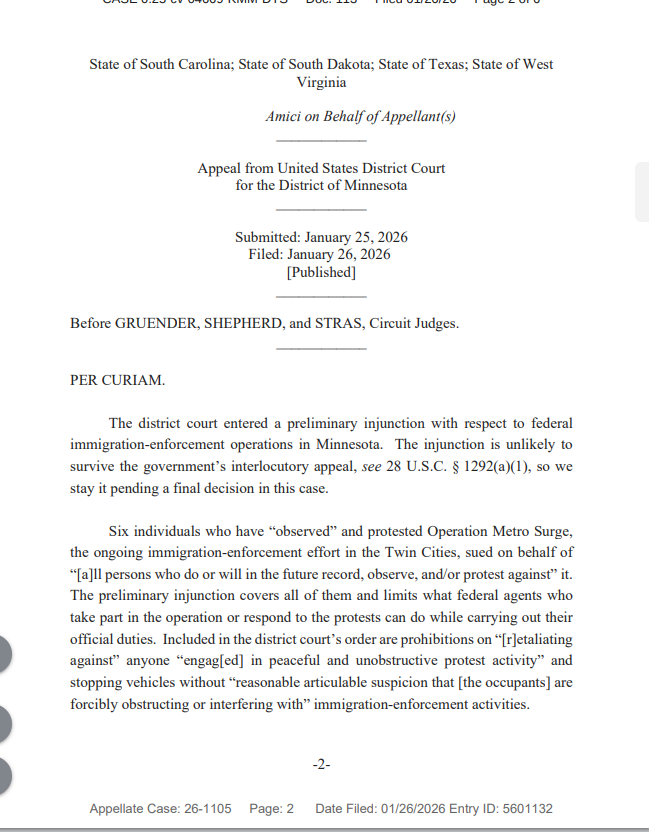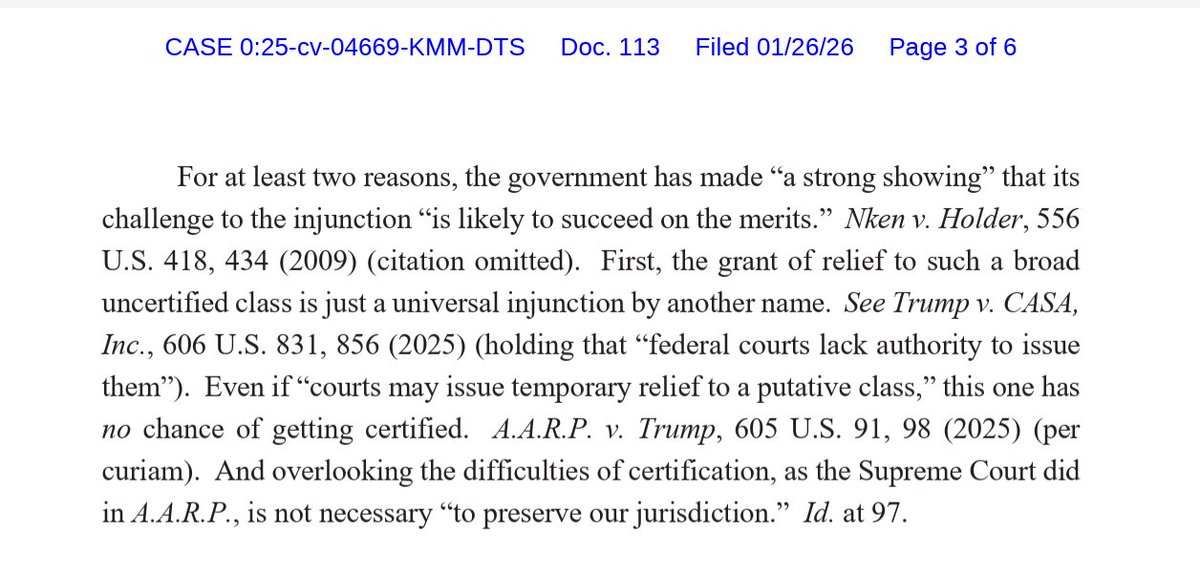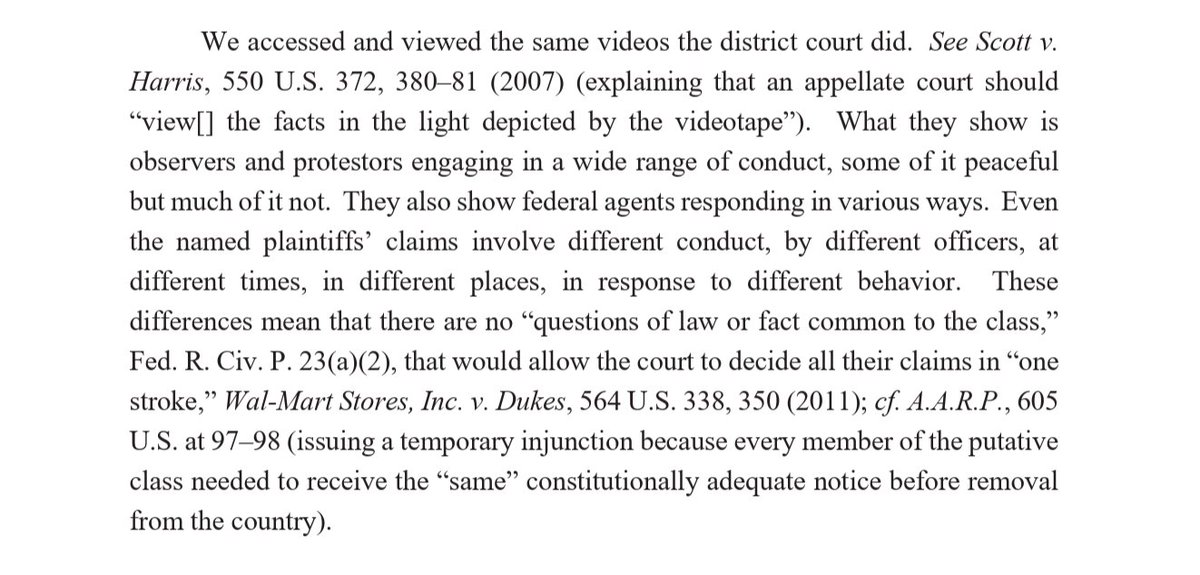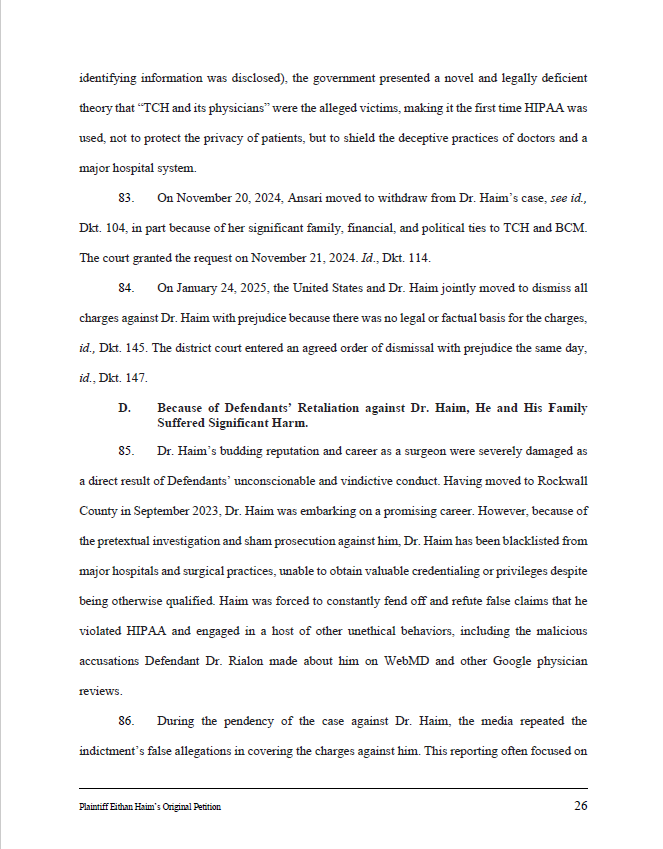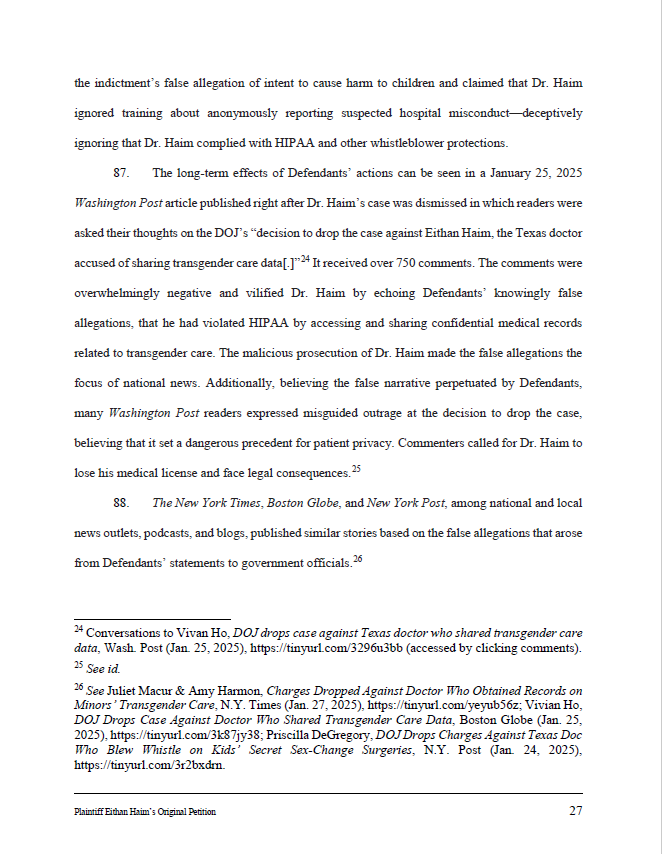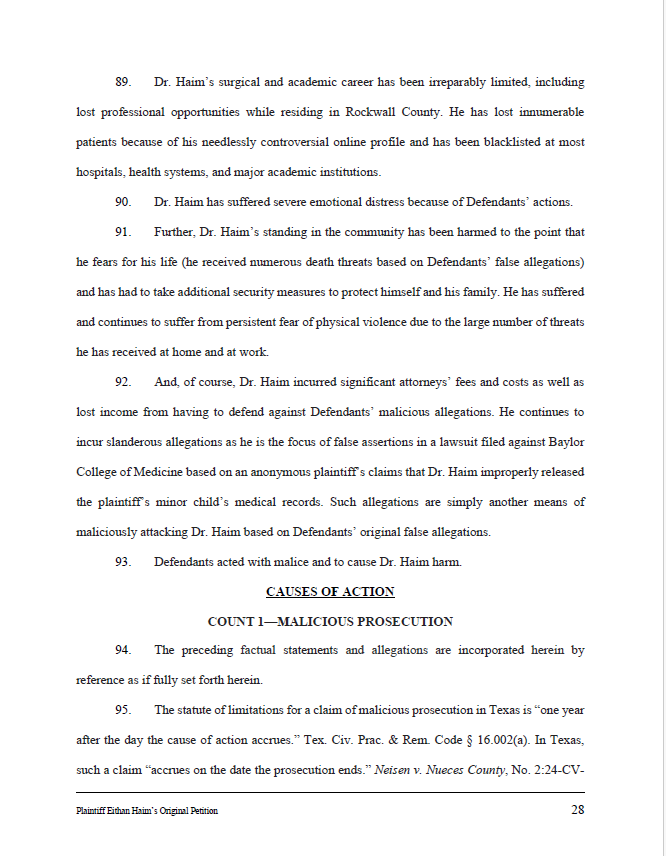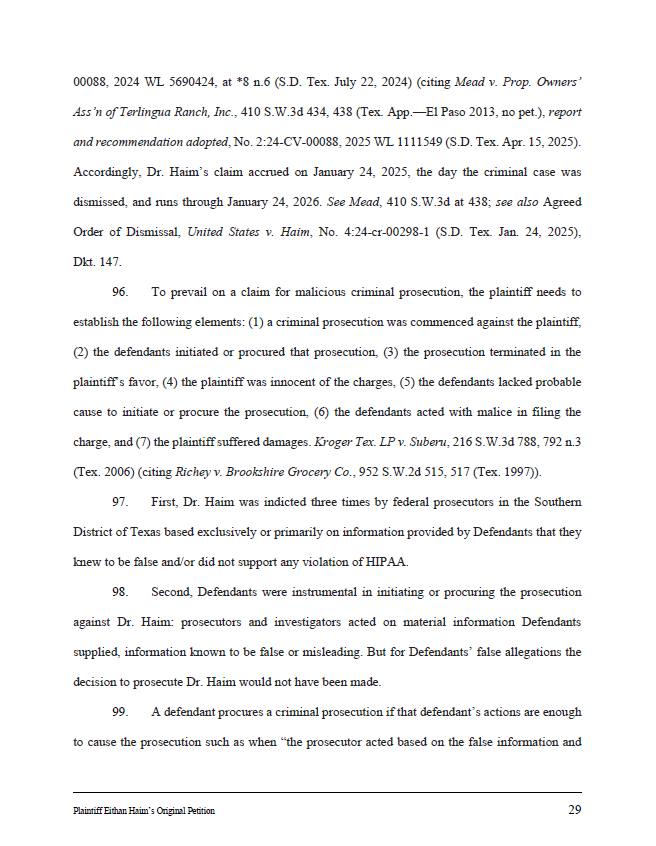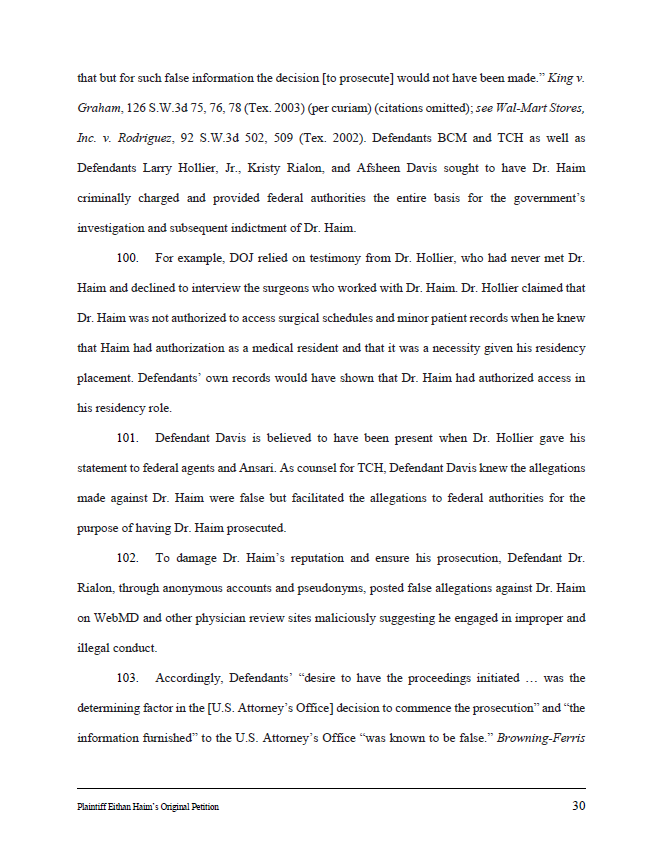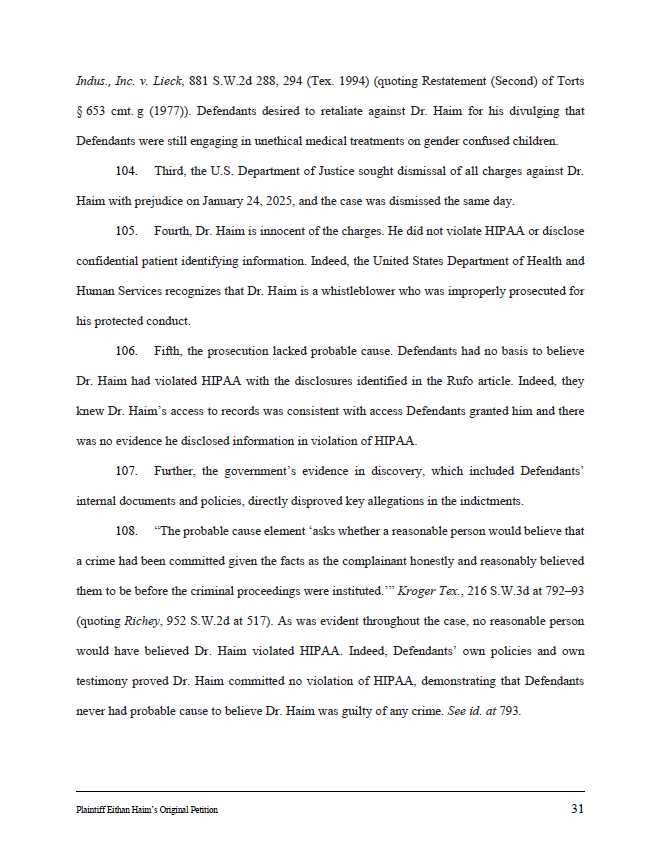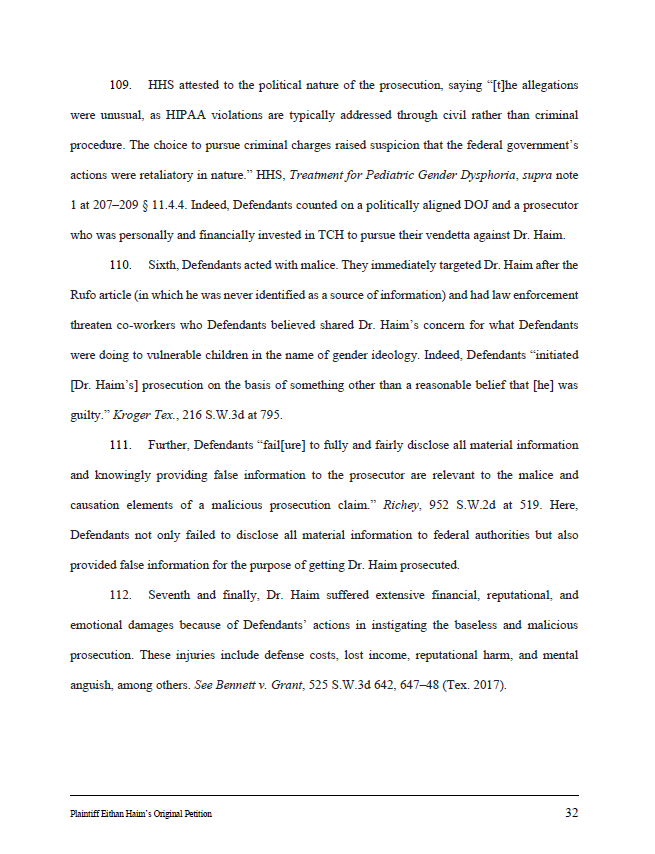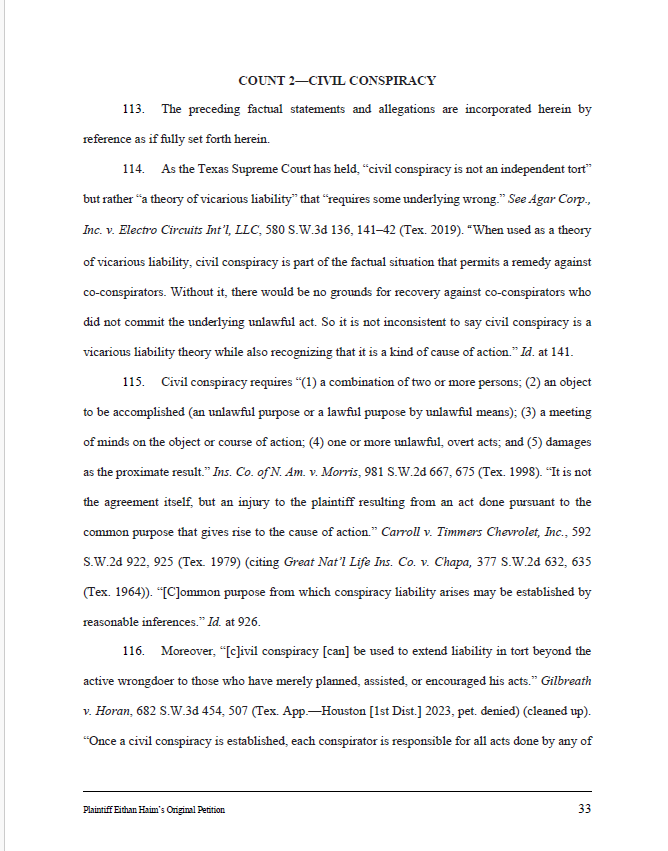🧵This post by @shellenberger provides an opportunity for me to hit a point I've been making the last week, but which many are still missing. For 2 months, Trump Administration has faced an avalanche of unconstitutional court orders from single federal judges. 1/
https://twitter.com/shellenberger/status/1902009973422358844
2/ More TROs & PI have issued against Trump Administration in 2 months than 4 years of Biden. And while appeals process is still ongoing for many of those, appellate courts have already stayed several orders showing my point re unconstitutionality is not spin but reality.
3/ Supreme Court stayed one judge ordering payment of $2 billion in 36 hours & told judge to be more specific; 3 appellate judges said Trump likely to prevail on firing of Special Counsel Dellinger and ruled he remain out and not reinstated.
4/ Another appellate court stayed order of 1 judge undoing Trump's DEI policies, another judge reversed his TRO & refused to grant an injunction on putting USAIDs workers on leave.
5/ MANY other injunctions will be overturned on appeal b/c lower courts lack jurisdiction to decide employment & grants or army policy. Breadth of overreach by lower court, 1 judge, district court injunctions interfering w/ Trump's Article II power cannot be overstated
6/ Yet not ONCE did Trump Administration declare "fine, then enforce your order." For every MAGA person screaming "ignore those illegal orders," the Trump Administration has NOT done that. And we are talking about clearly illegal orders that infringe on his executive power.
7/ Instead, every time Trump has worked to find way to read order so he could comply AND not pit Article II against Article III. He did that in grant cases by reading exceptions court allowed for otherwise terminating funding. And he did that in the Alien Enemies Act case too.
8/ Yes, Trump Administration did not turn planes around, but it isn't saying you can't order me to do that but that you didn't order me to do that because only the minute order is binding and it cites case law to support its point.
9/ And once the planes left US territory, Trump said the order didn't apply because the "removal" took place. Throughout entire drilling by Judge, and even Judge's requests for Trump's team to say "we just disagree," Trump didn't say that.
10/ Trump Administration said "we complied in good faith and here's why." Yes, the here's why is a very narrow reading of the order & only the minute order, but it has case law to back that. Trump is not being pedantic--he is being prudent.
11/ While Article III is going out of its way to trounce on Article II, Trump is going out of his way to show comity to Article III--even when judges don't deserve it. Judges are not just looking for a fight but have hit Trump with several sucker punches.
12/ Yet Trump...TRUMP! is refusing to engage. This cannot continue for much longer, however, as lower courts are framing injunctions more & more wildly, leaving Trump Administration little room to maneuver in way he can comply without sacrificing his Executive authority.
13/ Which is why I said in the earlier cases before SCOTUS, there attempt at "prudence," was imprudent: By letting it play out in lower courts and not putting a halt to judges clearly illegal orders, judges have been emboldened.
14/14 Appellate courts & SCOTUS must step in now & forcefully because problem is one of judiciary's making--not Trump's. And Trump should be applauded for lengths he has gone to not create constitutional crisis by crafting plausible basis by which he obeyed illegal orders.
• • •
Missing some Tweet in this thread? You can try to
force a refresh


